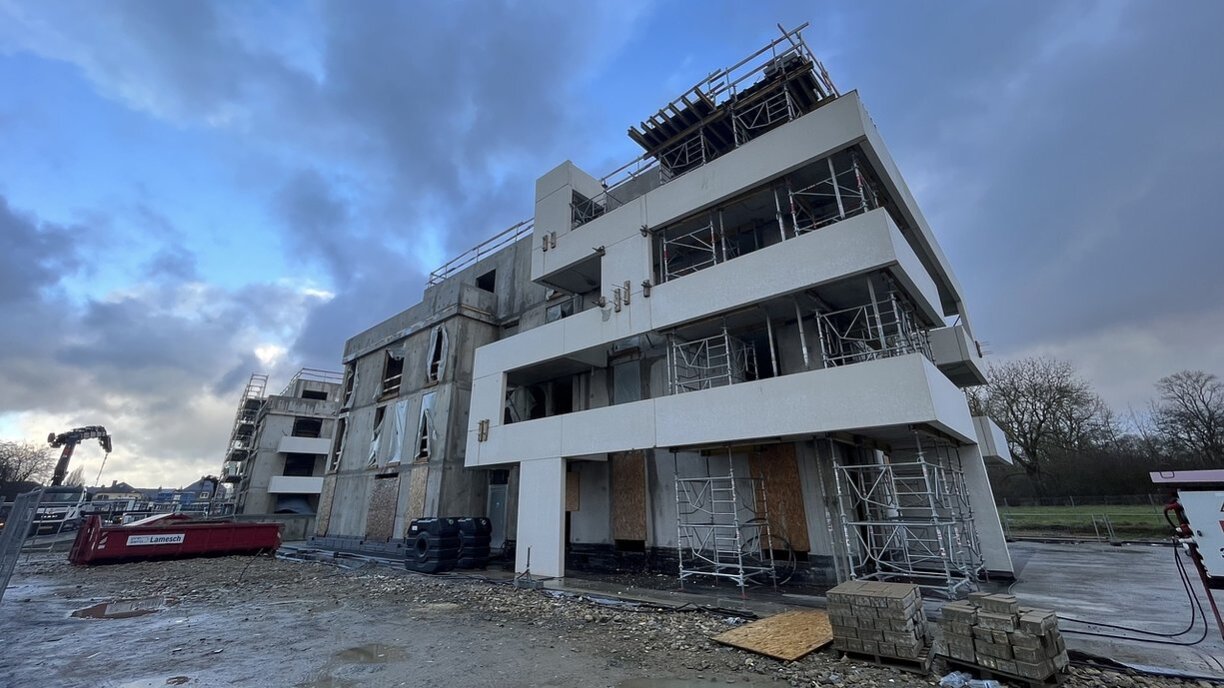
Under the slogan “Build instead of speculate”, Home Affairs Minister Léon Gloden and Housing Minister Claude Meisch unveiled their property reform plans in mid-July 2025.
The much-anticipated land tax reform, including a new levy on vacant plots within designated building zones, will not take effect before 2029 at the earliest. It will begin with a pilot phase, followed by full implementation in 2030 – after the next parliamentary elections.
Currently, the land tax generates around €35–40 million annually for municipalities. The reform aims to maintain this income while adjusting the parameters. Luxembourg, according to a 2022 OECD report, remains the country with the lowest revenue from land taxation.
Although the previous government’s proposal was already considered timid, the current plans have watered it down even further. One of the major changes is the removal of the proposed municipal tax bracket of 9% to 11%. Municipalities could, in theory, set the rate at zero. Even if they set it at 10%, the impact remains minimal. For instance, a 600-m² plot in Mersch would result in just €144 in tax.
To encourage development, a separate mobilisation tax will apply to vacant land within building zones. However, this too would only kick in after five years and would rise gradually, starting with relatively modest sums. Moreover, land held for one’s children will be exempt from the tax until the child reaches 35 years of age.
In other words, property owners can continue to hold onto their land for quite some time without financial pressure to build.
The previous government had proposed a scheme whereby owners would be charged €3,000 from the first year a home stands empty, with the amount increasing annually up to €7,500. However, this initiative has been shelved by the current administration, citing the lack of a national register of vacant homes. Although a draft bill exists, progress is slow.
Luxembourg once drew inspiration from the Napoleonic Code and German legal models, but now seems hesitant to look abroad for practical solutions. In Vancouver, Canada, for example, property owners are required to file a declaration confirming occupancy.
If they cannot prove that they lived in, rented out, or actively renovated the property for at least six months of the year, a 3% tax on the property’s value is applied. According to Vancouver authorities, this measure helped cut the city’s vacancy rate by more than half in five years.
Addressing Luxembourg’s lack of affordable housing requires a coordinated approach. While taxation can incentivise supply and put downward pressure on prices, it is not a silver bullet.
Even when land is mobilised, the sale price is influenced not only by the owner’s expected margin but also by what is permitted on the site, that is, how much can actually be built. Building norms, although well-intentioned, whether for accessibility, environmental concerns, or heritage preservation, also raise costs by requiring more materials, longer timelines, and ultimately offering less square metreage.
The government has announced plans to simplify certain procedures. However, when it comes to more fundamental issues, like municipal autonomy or tightening building regulations, it is treading carefully, if at all.
Historically, Luxembourg’s policymakers have been more effective at stimulating demand than supply. Containing demand is much trickier. Canada’s example illustrates this well: foreign property investment in city centres was banned from 2023 to 2027 in an attempt to cool prices. While prices have eased slightly, developers have pushed back, warning that limiting demand could ultimately reduce supply.
At least mortgage interest rates have dropped slightly, though that, in turn, may reignite demand in Luxembourg.